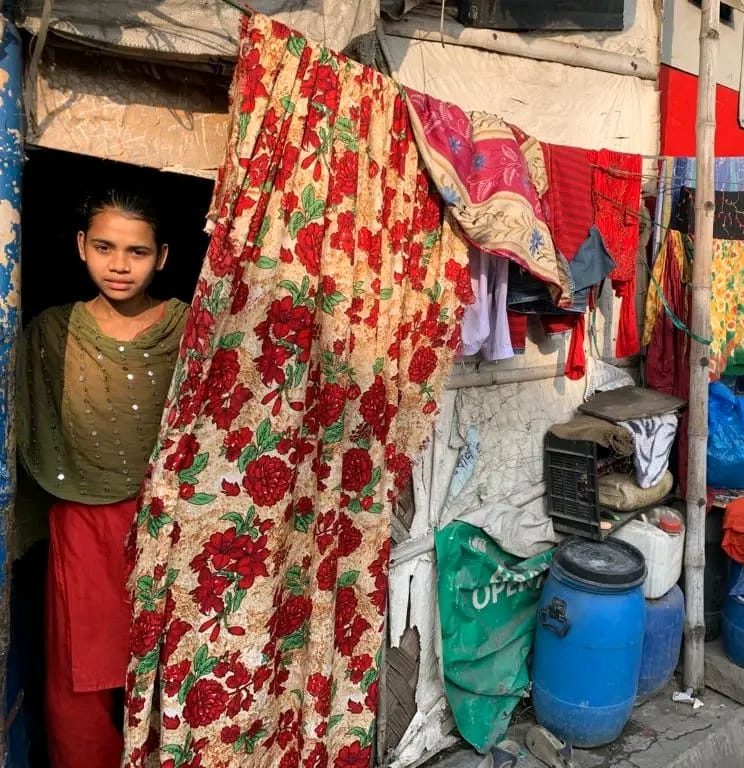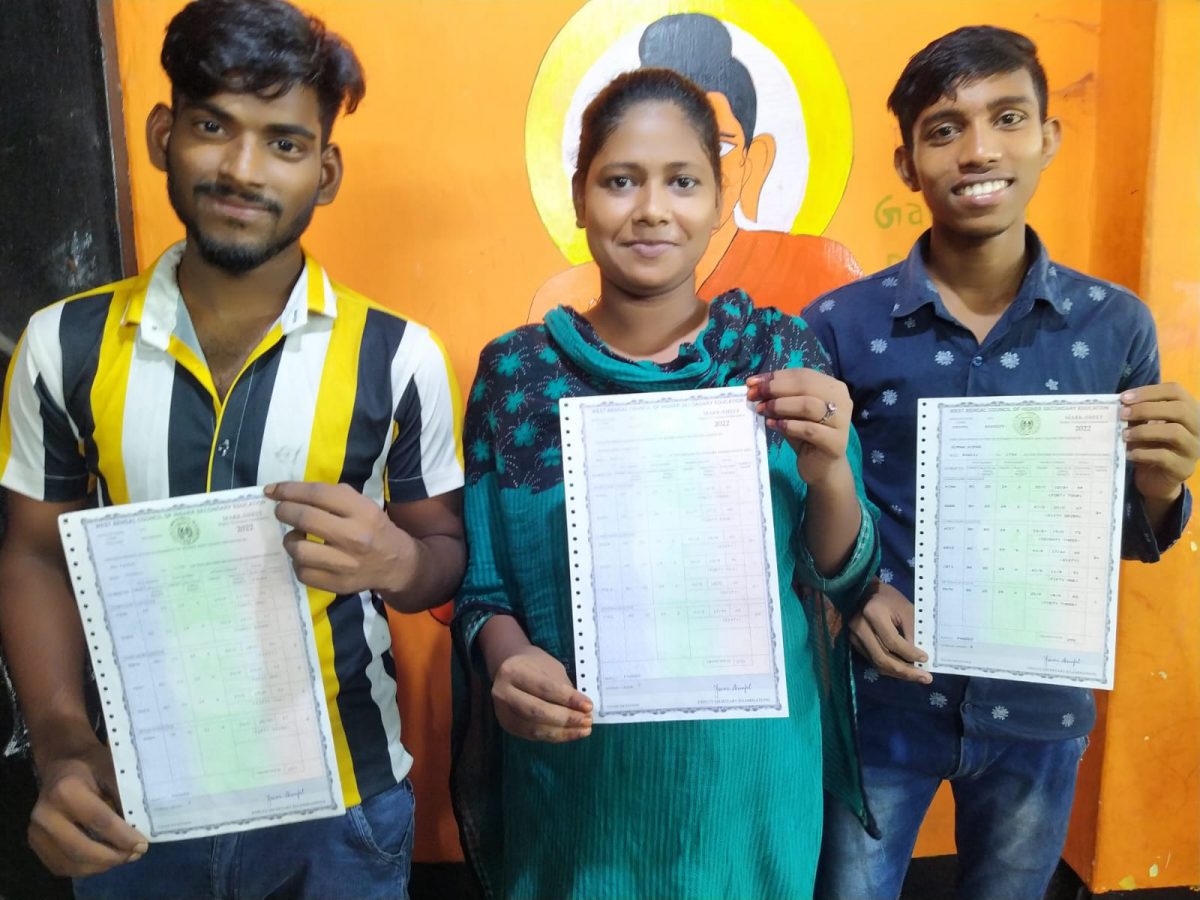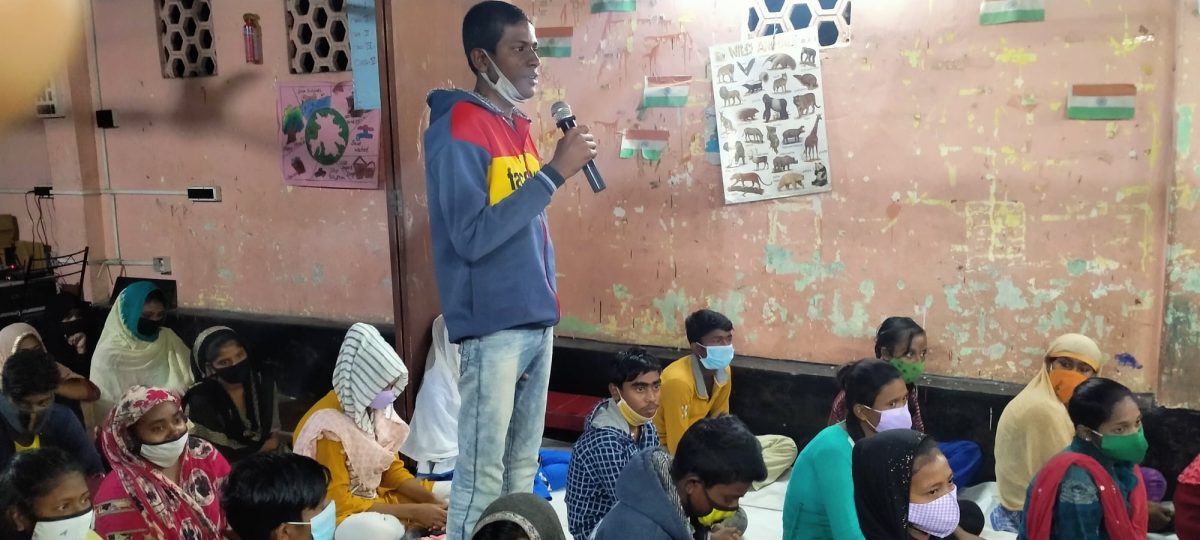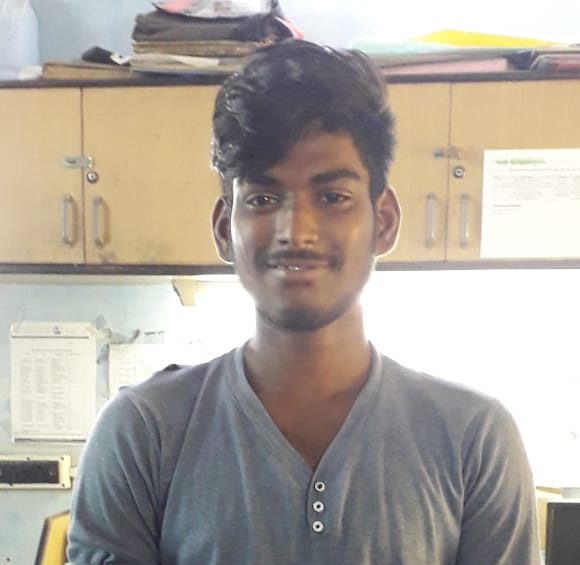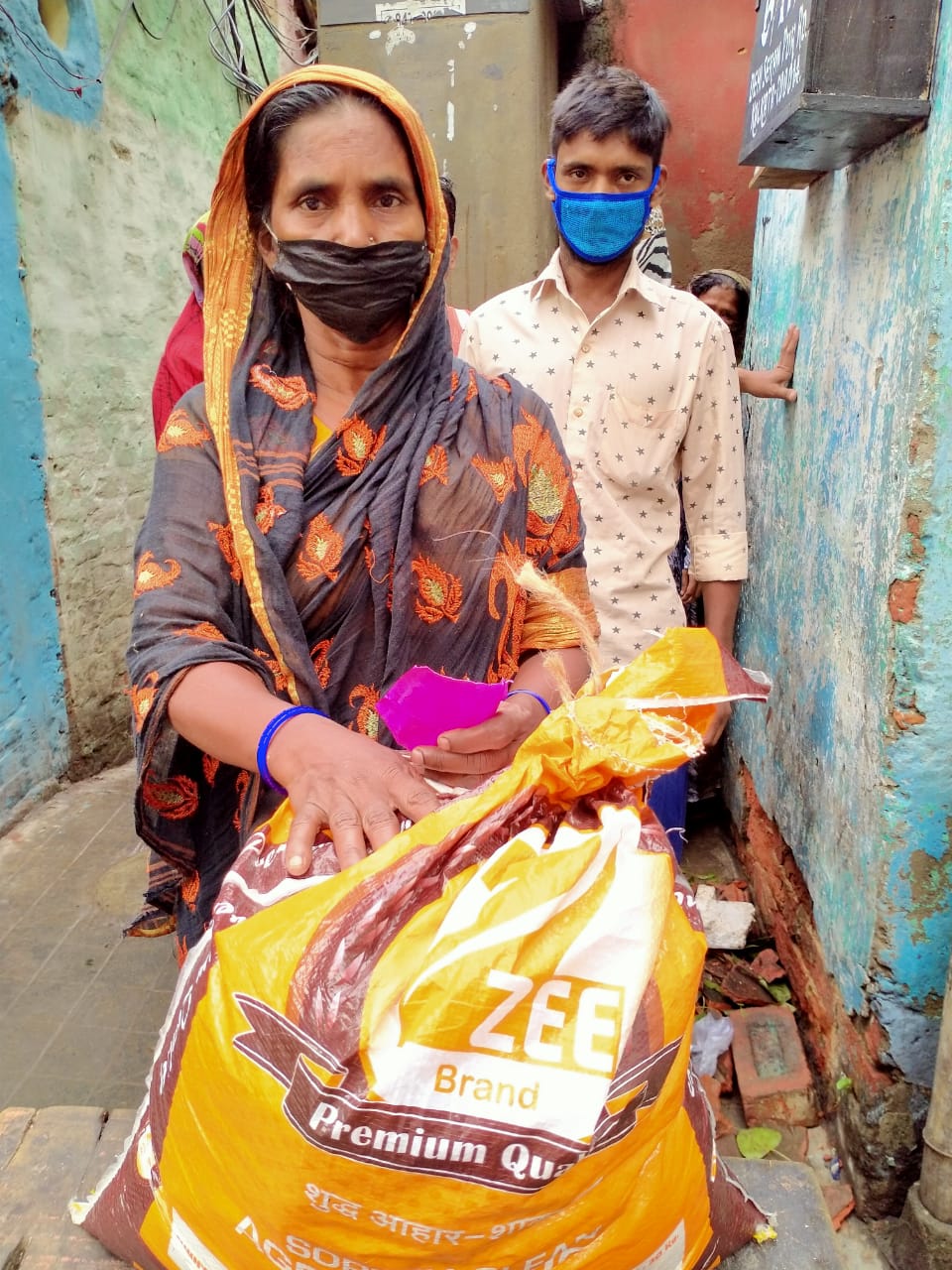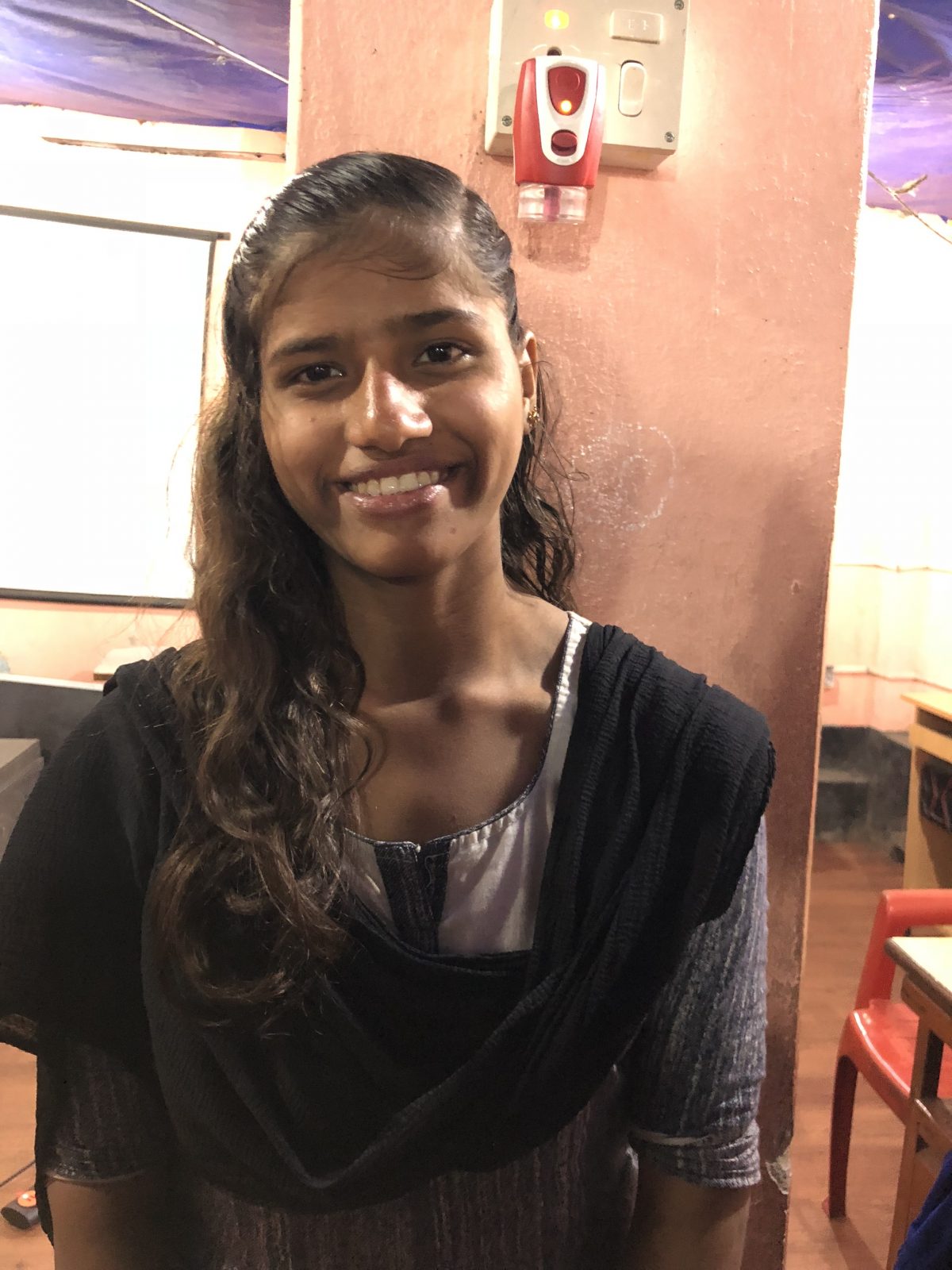Tag: India
-
Sakina needs help
Posted on
by
Sakina’s future hangs in the balance. I first met her in Kolkata in May 2022. Tiljala SHED staff brought her to my attention at a meeting of all the evening class students at the Mir Meher Ali Lane centre in Tangra. What […]
-
-
A brief update on the Topsia Evening Class Education project in Kolkata
Posted on
by
I am in regular touch with Parveen our programme co-ordinator and who has taken a special interest in this cohort of young people. This is what she tells me: Our centres are open and the vulnerable children from our communities are coming […]
-
Fahim
Posted on
by
This is Fahem. Yesterday his mother was crushed to death by a truck. This week Fahem and 19 other young people from our Topsia Evening Class are due to receive smartphones to enable them to continue their education online. Fahem is 17 […]
-
Thank you for all your support through 2020
Posted on
by
It has been an especially difficult year for India’s most vulnerable communities. But with the support of our wonderful donors and with Tiljala SHED’s hard work, we have been able to provide huge amounts of food relief, educational support and disaster relief. […]
-
Saika’s Story
Posted on
by
Saika is 17 years old and lives in a a shelter beside the open sewers of Topsia in Kolkata. She lives with her father, who is a street vendor selling puffed rice and gram; her mother, a homemaker; a sister and brother. […]
